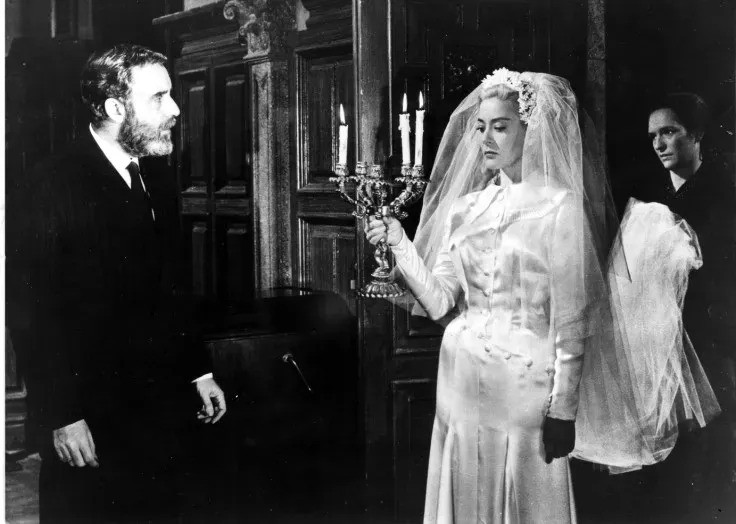
Silvia Pinal, one of the most emblematic figures of Mexican cinema, played a crucial role in the preservation of the film 'Viridiana' (1961), directed by Spanish filmmaker Luis Buñuel and winner of the Palme d'Or at the Cannes Film Festival that year.
The masterpiece faced heavy censorship from the Franco dictatorship in Spain and was criticized by the Vatican due to content it considered irreverent and blasphemous. Pinal's courage and determination were fundamental for 'Viridiana' to survive censorship and achieve international acclaim.
Luis Buñuel returned to Spain after years of exile to film 'Viridiana' in 1960. The film, led by the Mexican star, told the story of a young novice who, while visiting her uncle, became involved in situations that satirized the religious and moral norms of the time.
The film's subversive content, including scenes such as a parody of 'The Last Supper' starring beggars, directly challenged the conservative values of the Franco regime and the Catholic Church.
Silvia Pinal Censored
After its completion, 'Viridiana' was sent to Cannes, where it won the prestigious Palme d'Or in 1961. However, this international recognition provoked the rage of the Franco regime and the Vatican. The Holy See's official newspaper, L'Osservatore Romano, called the film "blasphemous," which led the Franco regime to ban its exhibition in Spain and order the destruction of all copies in the country.
Aware of the danger to the film, Pinal made a bold decision to smuggle a copy into Mexico.
According to different accounts, Pinal hid the film reel in a plastic bag inside her suitcase and managed to smuggle it out of Spain. As a result, 'Viridiana' was able to be shown in other countries and become one of the great works of global cinema.
Pinal's bravery not only preserved a fundamental piece of Buñuel's filmography, but also defied the censorship imposed by a dictatorship that sought to silence any artistic expression contrary to its ideals. Her action allowed "Viridiana" to survive the attempted censorship and destruction, and later generations to appreciate its artistic and critical value.
Viridiana" remained banned in Spain until 1977, two years after Franco's death. The film was finally recognized in its country of origin, establishing itself as a masterpiece that defied the restrictions of its time. Silvia Pinal's intervention was essential for this work to reach international audiences and remain in the collective memory.
© 2024 Latin Times. All rights reserved. Do not reproduce without permission.








